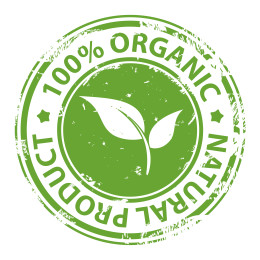How Many Chemicals are in Organic Food?

Most consumers assume that when they buy organic foods, they’re choosing products that haven’t been treated with man-made chemicals—but that’s not exactly the case.
Foods that are certified as “organic” obtain that label through a program certified by the U.S. Department of Agriculture (USDA). The USDA allows the use of chemicals in the growing and processing process as long as those chemicals are deemed “essential.” Currently, there are over 200 substances approved by the USDA for use in organic products.
The decision about which additives are approved is guided by the National Organic Standards Board, which is meeting this week to update its recommendations. Activists continue to push for fewer exemptions, while organic farmers push for approval of more synthetics.
A few things to keep in mind about organic farming:
- Organic growers use pesticides. In general, studies have found that organic crops contain less pesticide residue than conventional crops, but the USDA does approve the use of specific, naturally-derived pesticides to keep pests from destroying organic crops.
- The U.S. government doesn’t keep track of the volume of pesticides used on organic farms. Since organic-approved pesticides are generally not as effective as those used on conventional crops, a higher volume is generally needed to reach the same level of effectiveness.
- Organic pesticides may be more ecologically damaging than synthetic pesticides. A recent Canadian study compared conventional and organic pesticides used in soybean farming and found that the organic pesticides were actually more ecologically damaging. Just because a chemical is “naturally-derived” doesn’t necessarily mean it’s always safer for humans or the environment.
- Organic farms have higher levels of pathogens like E. coli. Rather than relying on artificial fertilizer, organic farms are fertilized with manure. Since pathogens like E. coli often spread through fecal contamination, it explains why research has found E. coli in produce in about 10% of organic farm samples, compared with 2% of samples from conventional farms.
Too often, activists like the Food Babe push for consumers to choose organics over conventional foods and warn to avoid GMOs at all costs. It’s great consumers have the option to purchase organic products if they choose, but it’s important to keep in mind that organic doesn’t necessarily equal safer or healthier.





